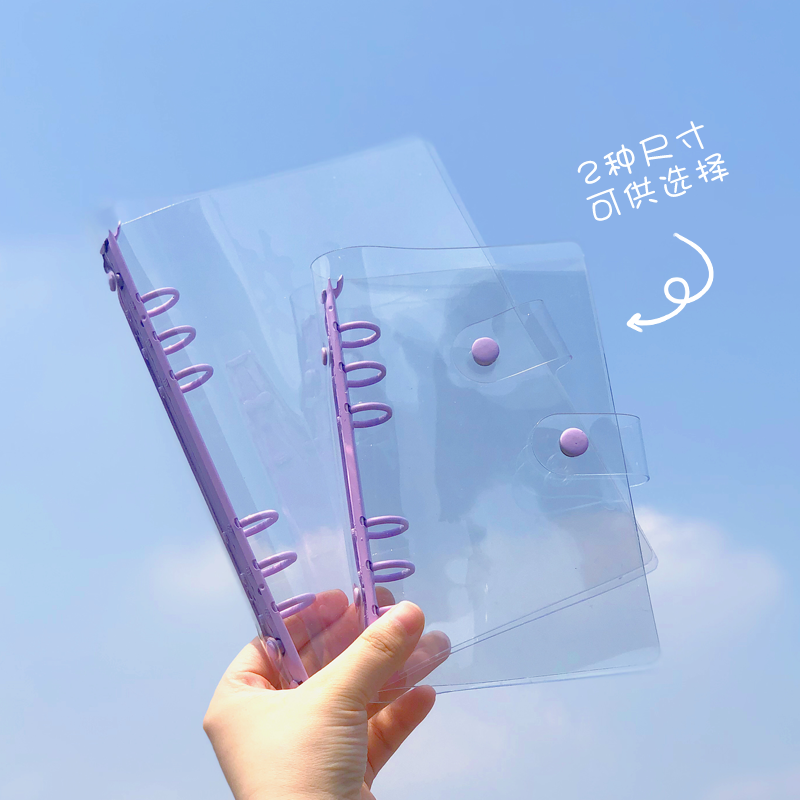"餐饮业日结账本"
女神内控
2024-12-11 03:52:41
0次
餐饮业日结账本
在餐饮业中,日结账本是一项至关重要的工作。它不仅关乎每日的营业额和成本,还涉及到店铺的运营效率和利润。因此,正确地记录和管理日结账本是每个餐饮业从业者必须掌握的技能。
一、餐饮业日结账本的概述
餐饮业日结账本是指每天记录餐厅经营状况的账本。它记录了每日的营业额、成本、支出和利润等数据,反映了餐厅的财务状况和经营效率。日结账本的重要性不言而喻,因为它不仅是管理财务的基础工具,还是餐厅制定经营策略的重要依据。
二、记录内容
1. 营业额:包括餐厅的各项收入,如堂食、外卖、酒水等。
2. 成本:包括食材成本、人员成本、租金成本等。这些成本直接关系到餐厅的利润和运营效率。
3. 支出:包括日常开支,如水电费、维修费等。
4. 利润:通过营业额减去成本和支出,得出当天的利润情况。
 1. 定期盘点:每天结束营业后,要对餐厅的物品进行盘点,确保账目与实际库存相符。
2. 准确记录:要准确记录每一笔交易和支出,避免出现错误或遗漏。
3. 及时结算:每天要按时结算账目,确保及时反映餐厅的财务状况。
4. 合理分析:对结账本中的数据进行合理分析,了解餐厅的经营状况和问题所在,为制定经营策略提供依据。
四、餐饮业日结账本的英文翻译为"Daily Settlement Book of Catering Industry"
In the catering industry, the daily settlement book of catering industry is a crucial task. It not only concerns daily turnover and costs, but also involves the operational efficiency and profits of the shop. Therefore, correctly recording and managing the daily settlement book is a skill that every catering industry practitioner must master.
The daily settlement book of catering industry refers to a book that records the daily operation status of the restaurant. It records daily data such as turnover, costs, expenses, and profits, reflecting the financial status and operational efficiency of the restaurant. The importance of the daily settlement book is self-evident, as it is not only a basic tool for financial management but also an important basis for the restaurant to formulate business strategies.
The content of the record includes:
1. Turnover: including various revenues of the restaurant, such as dining in, takeout, beverages, etc.
2. Costs: including ingredient costs, personnel costs, rent costs, etc. These costs directly affect the profits and operational efficiency of the restaurant.
3. Expenses: including daily expenses such as utilities and repairs.
4. Profit: calculate the profit situation of the day by subtracting costs and expenses from turnover.
1. 定期盘点:每天结束营业后,要对餐厅的物品进行盘点,确保账目与实际库存相符。
2. 准确记录:要准确记录每一笔交易和支出,避免出现错误或遗漏。
3. 及时结算:每天要按时结算账目,确保及时反映餐厅的财务状况。
4. 合理分析:对结账本中的数据进行合理分析,了解餐厅的经营状况和问题所在,为制定经营策略提供依据。
四、餐饮业日结账本的英文翻译为"Daily Settlement Book of Catering Industry"
In the catering industry, the daily settlement book of catering industry is a crucial task. It not only concerns daily turnover and costs, but also involves the operational efficiency and profits of the shop. Therefore, correctly recording and managing the daily settlement book is a skill that every catering industry practitioner must master.
The daily settlement book of catering industry refers to a book that records the daily operation status of the restaurant. It records daily data such as turnover, costs, expenses, and profits, reflecting the financial status and operational efficiency of the restaurant. The importance of the daily settlement book is self-evident, as it is not only a basic tool for financial management but also an important basis for the restaurant to formulate business strategies.
The content of the record includes:
1. Turnover: including various revenues of the restaurant, such as dining in, takeout, beverages, etc.
2. Costs: including ingredient costs, personnel costs, rent costs, etc. These costs directly affect the profits and operational efficiency of the restaurant.
3. Expenses: including daily expenses such as utilities and repairs.
4. Profit: calculate the profit situation of the day by subtracting costs and expenses from turnover.
 1. Regular inventory check: After the end of business every day, conduct an inventory check of the items in the restaurant to ensure that the accounts match the actual inventory.
2. Accurate recording: Record each transaction and expense accurately to avoid errors or omissions.
3. Timely settlement: The accounts should be settled on time every day to ensure timely reflection of the financial status of the restaurant.
4. Reasonable analysis: Conduct reasonable analysis on the data in the settlement book to understand the operating status and problems of the restaurant, providing a basis for formulating business strategies.
1. Regular inventory check: After the end of business every day, conduct an inventory check of the items in the restaurant to ensure that the accounts match the actual inventory.
2. Accurate recording: Record each transaction and expense accurately to avoid errors or omissions.
3. Timely settlement: The accounts should be settled on time every day to ensure timely reflection of the financial status of the restaurant.
4. Reasonable analysis: Conduct reasonable analysis on the data in the settlement book to understand the operating status and problems of the restaurant, providing a basis for formulating business strategies.
三、管理方法

【笔记本/记事本】a6简约活页夹透明软皮a5活页本外壳笔记本手账本卡册内页6孔替芯售价:13.80元 领券价:7.5元 邮费:0.00
The management methods include:

【账本/账册】现金日记账本银行存款总分类日记账财务账本明细账会计小本手工活页账本办公200页总账账簿财务用品 账本售价:21.80元 领券价:10.9元 邮费:10.00
上一篇:"个人财务管理账本"
下一篇:"工程项目成本核算账本"
相关内容
热门资讯
账本知识百科
账本,用于记录企业或个人财务交易,包括现金账本、分类账本等,需确保准确性、及时性、保密性和合规性,是...
账本错误与修正方法
摘要:账本错误需谨慎对待,可分类型采取修正方法,如立即修正、保留原始记录、使用正确修正方法、重新审核...
每日账本记录
摘要:每日账本记录是掌握财务状况的重要手段,包括准备、记录收入与支出、备注及汇总等步骤。通过认真记录...
经营关账全面解析
经营关账是企业周期性财务结算与核算过程,涉及准备、结算、核对账目、编制报表、审计调整及提交报告等步骤...
账本快速入门指南
账本指南:本文介绍账本概念、种类及使用方法,包括开设、记录要点、安全保护等,并分享快速掌握技巧和注意...
"理财入门:全面掌握账本"
理财入门,掌握账本是基础。账本可记录财务交易,助理财务管理、避免浪费。建立账本需选合适类型,分类记录...
家庭财务收支账本
摘要:家庭财务收支账本是管理家庭财务的重要工具,可记录收入、支出,帮助家庭成员理解财务状况、规划预算...
财务账本指南:优化流程与效率
财务账本指南:本指南提供优化流程和效率的方案,包括规范制度、科学分类、及时录入和审批流程等步骤,并推...
账本宝典:从入门到精通的指南
本文介绍了从入门到精通的账本使用指南,包括基本概念、进阶技巧和高级技能。初学者需了解账本类型和记录方...
经营状况全盘账
经营状况全盘账指企业经营全过程的财务记录与经营管理情况,包括收入、支出、库存、资金及财务报表。编制时...
